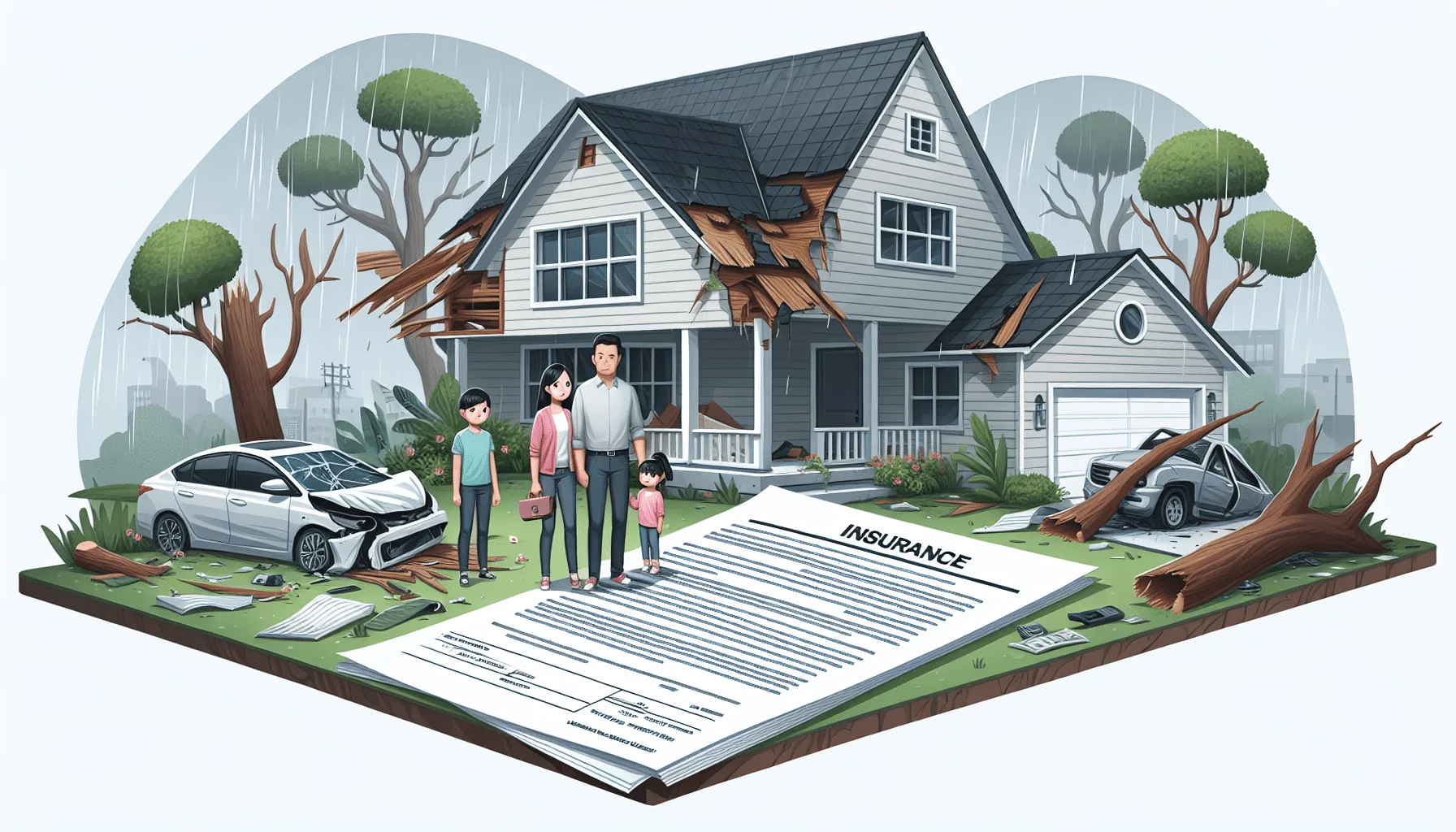Comprehensive Guide to Loss of Use Coverage: Maximizing Your Insurance Benefits

Introduction
Loss of use coverage is a crucial aspect of insurance insurance policies that many policyholders overlook. This type of coverage can provide important monetary reduction throughout surprising occasions that render your house or car unusable. In this complete information, we are going to delve into the intricacies of loss of use protection, its advantages and the way to maximize your insurance benefits.
What is Loss of Use Coverage?
Loss of use protection, also called extra dwelling bills (ALE) protection, is a provision in property insurance policies that reimburses policyholders for the extra costs incurred when their house is uninhabitable due to a coated peril. This protection ensures you could preserve your commonplace of dwelling whereas your home is being repaired or rebuilt.
How Does Loss of Use Coverage Work?
When a coated occasion, similar to a fire or natural disaster, forces you to vacate your house, loss of use protection kicks in. This coverage typically includes:
- Temporary Housing: Reimbursement for lodge stays, rental properties or non permanent housing bills.
- Additional Living Expenses: Costs for meals, transportation, laundry and different requirements that exceed your regular bills.
- Fair Rental Value: Compensation for misplaced rental earnings should you hire out a portion of your house.
Types of Loss of Use Coverage
- Homeowners Insurance: Loss of use protection is usually included in commonplace householders insurance policies. It covers non permanent housing and additional living expenses when your home is uninhabitable due to a coated peril.
- Renters Insurance: Renters insurance policies usually embrace loss of use protection, offering monetary reduction for tenants who want to discover non permanent lodging and canopy extra dwelling bills.
- Auto Insurance: Some auto insurance coverage insurance policies provide loss of use coverage for rental vehicles in case your car is being repaired after an accident.
Maximizing Your Loss of Use Coverage
To take advantage of of your loss of use protection, observe the following pointers:
- Understand Your Policy Limits: Familiarize yourself with the coverage limits and exclusions in your coverage to keep away from surprising out-of-pocket bills.
- Keep Detailed Records: Maintain thorough documentation of all bills associated to your non permanent dwelling state of affairs, together with receipts and invoices.
- Communicate with Your Insurer: Notify your insurance coverage firm as quickly as attainable after a coated occasion and work intently along with your claims adjuster to guarantee a easy claims process.
- Consider Additional Coverage: If you live in an space inclined to pure disasters or different dangers, think about buying extra protection to enhance your loss of use limits.
Common Misconceptions About Loss of Use Coverage
- It Only Covers Natural Disasters: While loss of use protection does apply to pure disasters, it additionally covers different perils similar to fireplace, vandalism and water damage.
- It Covers All Expenses: Loss of use protection solely reimburses bills that exceed your regular dwelling prices. It doesn’t cowl routine bills like your mortgage or utility payments.
- It’s Automatically Included: Not all insurance policies embrace loss of use protection. Review your policy to ensure you have this valuable protection.
Conclusion
Loss of use coverage is a vital part of a complete insurance coverage coverage, offering monetary safety if you want it most. By understanding how this coverage works and taking steps to maximize your benefits, you may be sure that you and your loved ones are well-protected throughout difficult occasions. Review your insurance coverage coverage right this moment to affirm your loss of use protection and make any mandatory changes to safeguard your financial future.
National General Insurance: Comprehensive Coverage for Auto, Home, and More
Building Insurance: Everything You Need to Know
Top 5 Small Business Insurance Quotes in 2025: Complete Guide to Protecting Your Business



